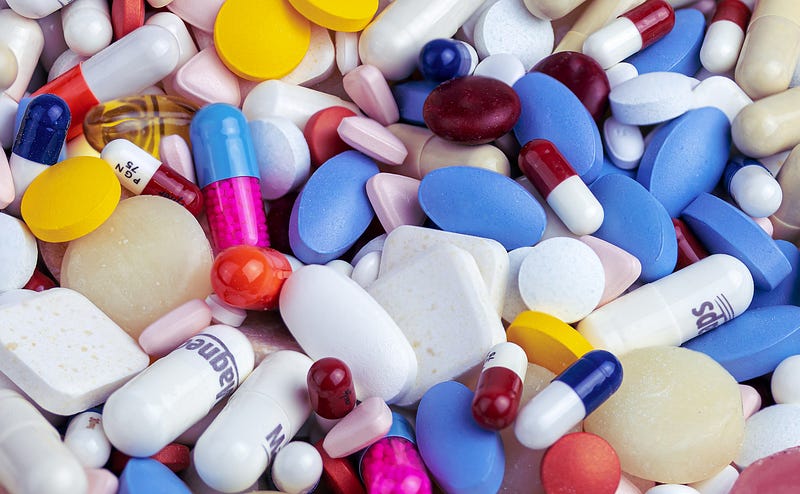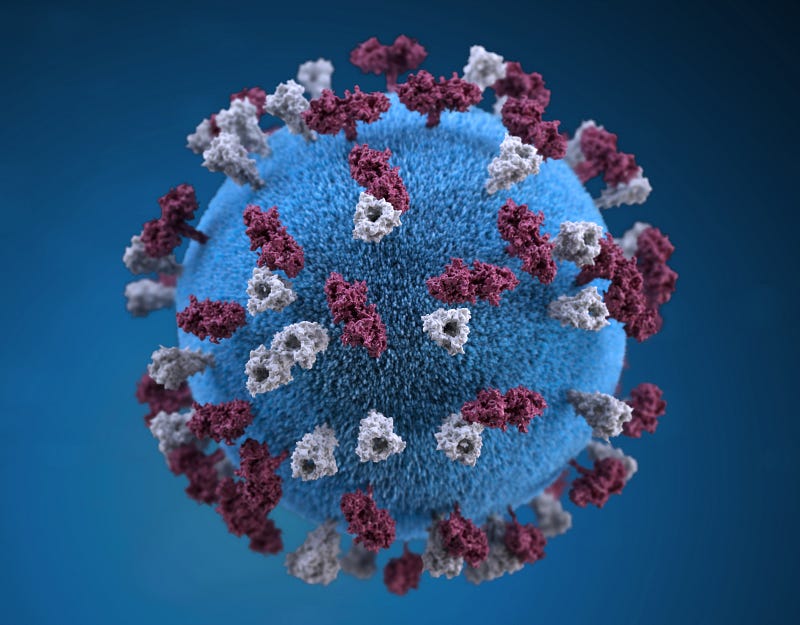The Importance of Prevention in Healthcare: A Paradigm Shift
Written on
Chapter 1: The Case for Prevention
Imagine yourself driving too fast on a slippery road. You hit a patch of ice. Would you prefer to have received a warning sign that prompted you to slow down and navigate the icy stretch safely, or would you rather rely on a skilled paramedic team to rescue you post-accident? Most of us would undoubtedly opt for the first scenario. The essence of this choice highlights the critical distinction between prevention and treatment. Often, prevention entails making informed lifestyle choices that become habitual, while treatment leads to an increased medical focus on conditions after they arise.
Modern Western medicine typically adheres to the "disease model." However, the definition of what constitutes a disease is often murky. Philosophers known as objectivists argue for an objective definition of disease based on comparisons to peers, a viewpoint referred to as the “biostatistical approach.”
Consider Bob, a 24-year-old male with unusually high estrogen levels. We might classify Bob as having a medical condition. Conversely, his neighbor Martha shares the same estrogen levels but is not deemed diseased due to her female identity. This raises the question: who do we compare individuals to when assessing health?
Section 1.1: The Reference Class Problem
When it comes to gender comparisons, the answer is straightforward. However, determining the appropriate reference groups becomes complex. Should we compare twenty-year-olds to ninety-year-olds, or smokers to non-smokers? The multitude of physiological differences complicates our understanding of what is “normal” versus “abnormal.” This dilemma is known as the reference class problem and poses significant challenges to establishing a clear, natural definition of disease.
Subsection 1.1.1: Subjective Definitions of Disease
Another perspective is the subjectivist account, which posits that diseases are classified based on societal values. A condition is labeled a "disease" solely because it is viewed negatively by society, while valued traits, like beauty, are not classified as diseases. This perspective leads to absurd questions, such as whether ugliness should be considered a disease.

As we delve deeper into this philosophical debate, we must confront a crucial question: if we struggle to define disease, how do we determine treatment? Medical interventions often arise simply because they are feasible. If a treatment exists to alleviate a patient’s discomfort, it can be classified as addressing a disease.
Chapter 2: Consequences of Current Medical Practices
The first video discusses the complexities of pharmaceuticals in the U.S. healthcare system, providing insights into why treatment often overshadows prevention.
The rise of chronic conditions such as diabetes and dementia illustrates the consequences of a treatment-focused approach. By 2060, it’s projected that nearly 18% of Americans will have diabetes, and dementia cases could triple by 2050 due to poor lifestyle choices.
While the medical community can mitigate these conditions, the emphasis on treatment leads to overmedicalization and overdiagnosis, ultimately creating unnecessary demand for healthcare services.
Section 2.1: Antibiotics and Agricultural Practices
An alarming statistic reveals that two-thirds of the world's antibiotics are administered to livestock. This practice, while pragmatic in the short term, fosters antibiotic resistance.

The World Health Organization warns that antibiotic-resistant diseases could lead to an additional 10 million deaths annually by 2050. Current medical strategies can only delay these epidemics; they cannot eradicate them.
The second video illustrates how medication interacts with the body, shedding light on the importance of understanding treatment mechanisms.
Conclusion: A Call for Change
The medical field is increasingly creating work for itself by neglecting a clear definition of disease and prioritizing treatment over prevention. While medical professionals have contributed immensely to society, it's essential to shift our perspective. Instead of merely responding to crises, we must focus on avoiding them in the first place. The time has come for a paradigm shift towards prevention, ensuring a healthier future for all.